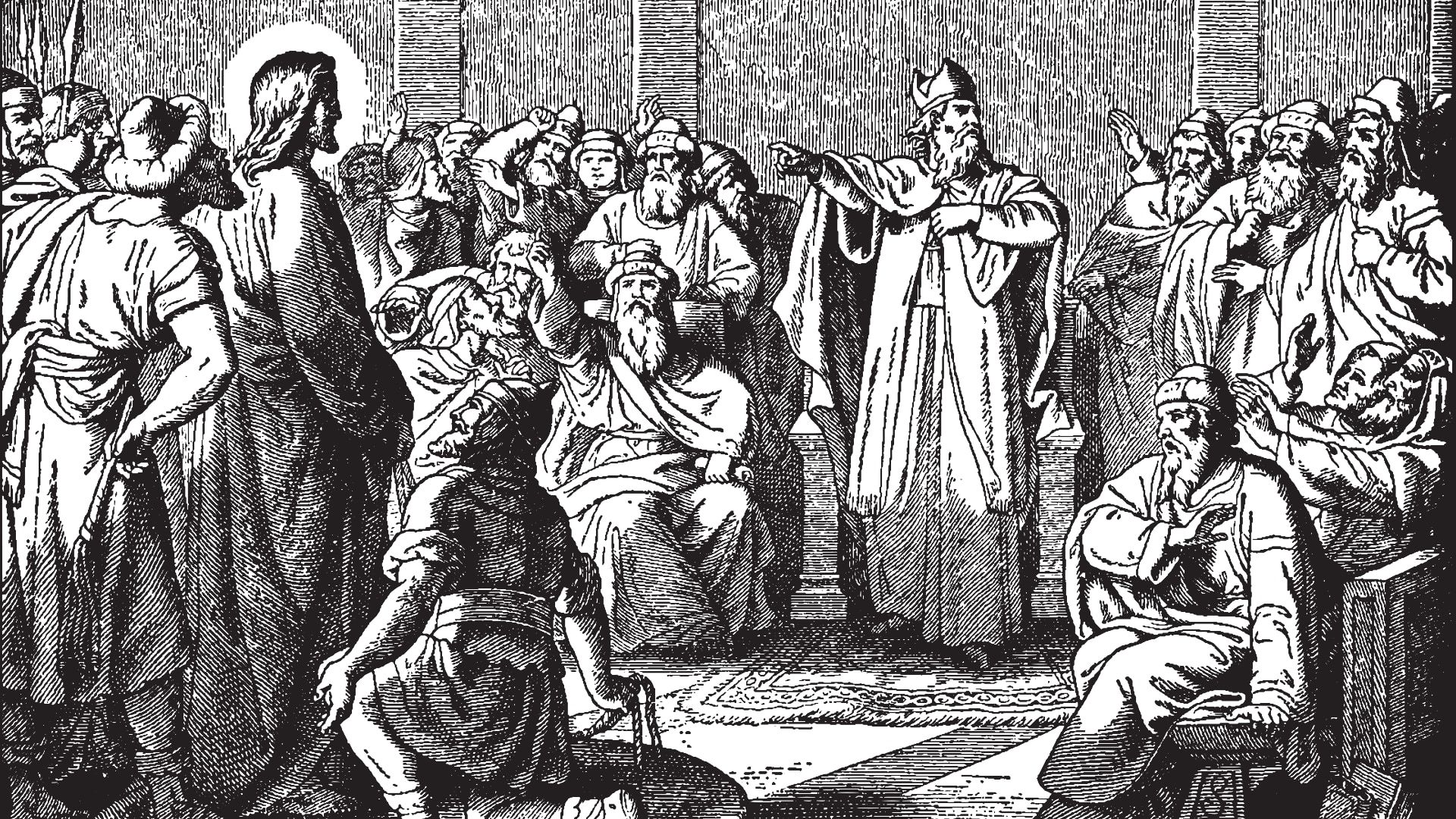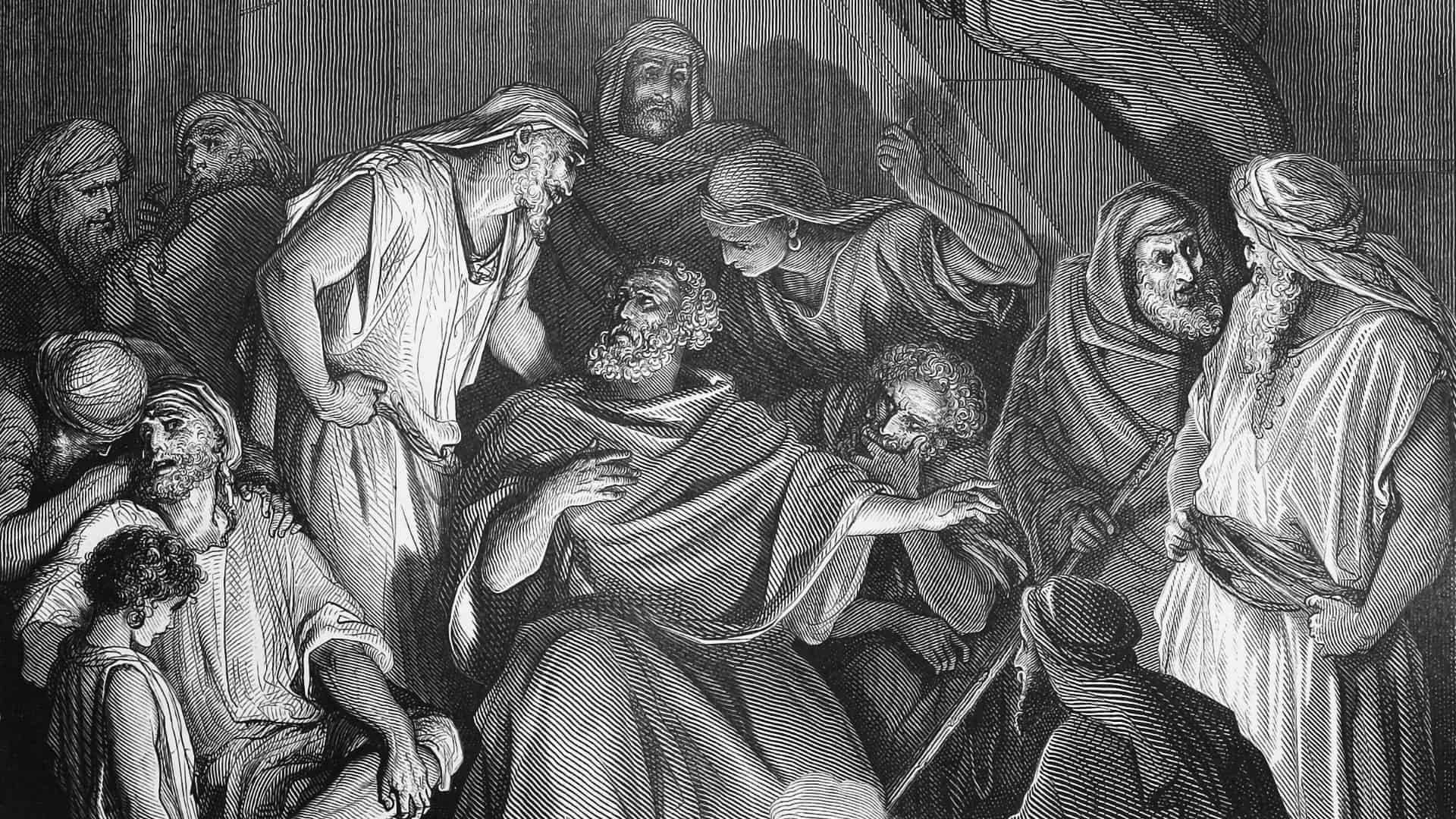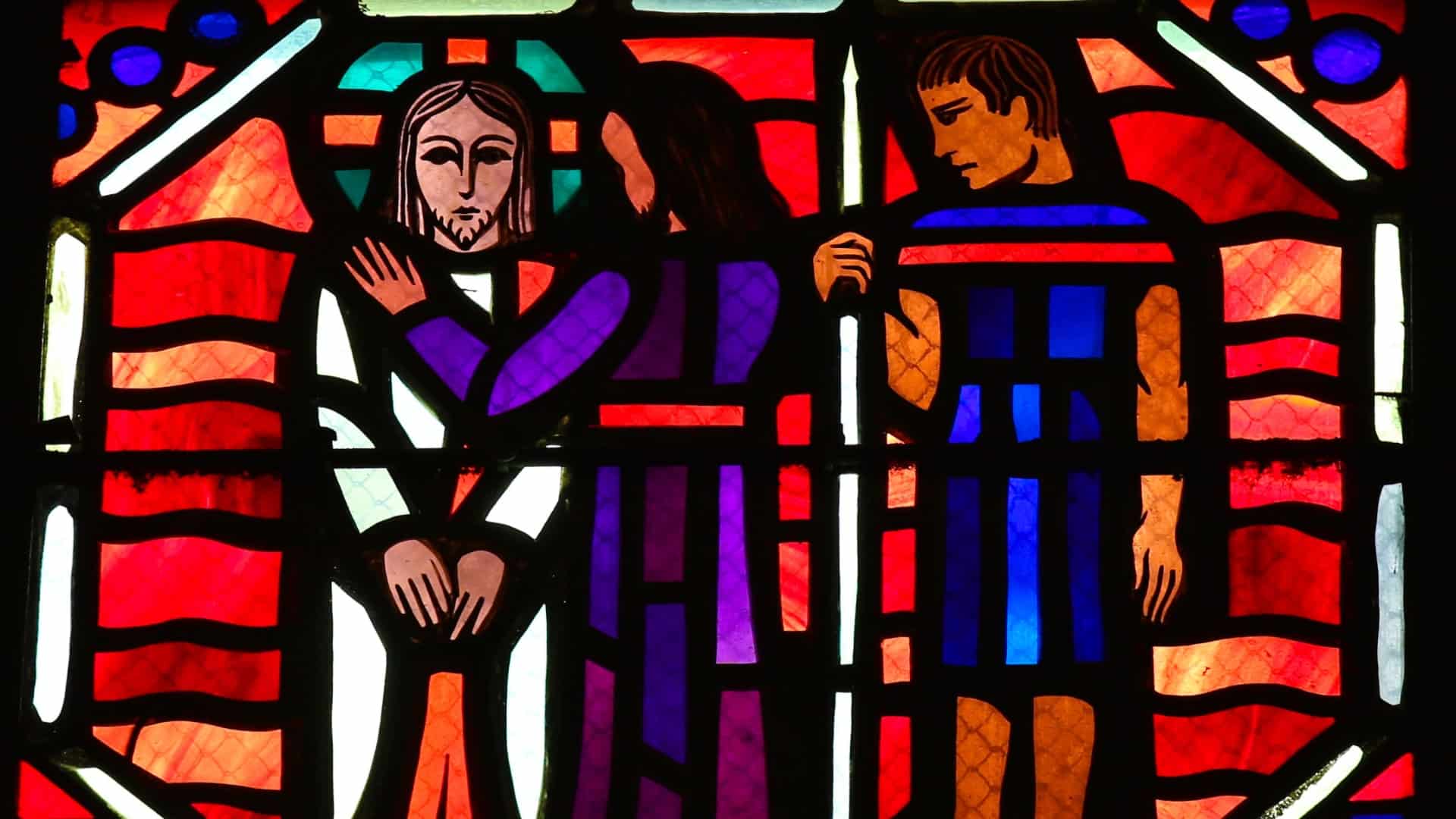Something for Everyone (Mark 16:1-8)

Big Idea: Jesus’ resurrection provides a challenge to the skeptic, grace for the struggling, and a mission for every believer.
The passage we just read provides something for everyone. You can’t say that about many things, but you can say it about this passage.
We just read the earliest account of the resurrection of Jesus. It’s a story that’s repeated in all four gospels. I like all of them, but what I really appreciate about Mark’s account is how bare-bones it is. No frills here. It’s as if you stripped down the resurrection to its barest details. You have three women going to anoint Jesus’ body. You have their surprising discovery of an empty tomb. You have a mysterious stranger who tells them that Jesus isn’t there because he’s no longer dead. And then you have them leaving, telling others, and people reacting with fear. I love the bare simplicity of this passage. It’s a matter-of-fact accounting of what happened based on interviews with people who were actually there.
And yet there’s something here for everybody.
What do I mean?
This passage speaks to three groups of people, and I think we will find ourselves in one of the groups. This passage has something to say to the skeptic, the struggling, and the scared.
Jesus’ resurrection provides a challenge to the skeptic.
You have to ask yourself, “Did Jesus really come back from the dead?”
This question hit me in full force as I stood beside the graveside of a dear friend in December 2009. I read Jesus’ words from John 11 — “I am the resurrection and the life” — and from 1 Corinthians 15, which provides words of comfort and hope about Jesus’ resurrection and ours. I’ve done this dozens of times. For some reason that day, though, a thought crossed my mind. Could this really be true, or is a pack of lies that’s been packaged to fool the gullible? I realized I was either communicating the best and truest news that changes everything or a horrible lie. There’s no in-between.
If you struggle to believe that Jesus rose from the dead, I get it. Dead people don’t just come back from the dead. I’ve never once buried someone and then seen them walk through the door a few days later. It just doesn’t happen. Dead people stay dead 100% of the time. Everyone knows that.
This isn’t new. People in Mark’s day didn’t expect people to come back from the dead any more than we do. And yet Mark provides us with the bare facts: the women found an empty grave. They met someone who told them Jesus was alive. Mark presents us with the bare facts, and he knows that, if true, these facts are both unexpected and revolutionary at the same time. Mark wants us to ask, “Could it be true?” Because if it’s true, it changes everything.
J. Warner Wallace is a forensic detective specializing in cold-case investigations. As an atheist Wallace became intrigued with the Gospels and their account of Jesus’ resurrection because “the most important question I could ask about Christianity just so happened to fall within my area of expertise. Did Jesus really rise from the dead?” It would prove to be the ultimate cold-case forensic investigation because eyewitnesses and material evidence that could be used to prove or disprove what happened have been gone for nearly 2000 years. Wallace came away utterly convinced that it was true.
As an atheist, Wallace had always assumed that the resurrection was a lie, believing that the twelve apostles “concocted, executed, and maintained the most elaborate and influential conspiracy of all time.” When Wallace looked at the evidence and as an “unbeliever: he found four minimal facts to be substantiated “by both friends and foes” of Christianity:
- Jesus died on the cross and was buried.
- Jesus’ tomb was empty and no one ever produced his body.
- Jesus’ disciples believed that they saw Jesus resurrected from the dead.
- Jesus’ disciples were transformed following their alleged resurrection observations.
He looked at the evidence and came up with a number of possible explanations. He then used the kind of abductive reasoning he would use at a crime scene “inferring the most reasonable explanation” and came up with several hypotheses. After examining the evidence, he concluded, “The resurrection is reasonable. The answers are available; you don’t have to turn off your brain to be a believer.” Wallace is one many intellectuals who started out as skeptics, who started out to disprove the resurrection and ended up believing that it is true.
If you’re skeptical about Jesus’ resurrection, this story provides a challenge for you. Join J. Warner Wallace and Lee Strobel and millions of believers and examine the Bible’s account of the resurrection, because if it’s true it changes everything.
The resurrection demands a verdict. It’s either true or it’s not true. If it’s not true, then you can safely ignore everything else the Bible has to say. But if it’s true, then it changes everything. All of us have to reckon with this challenge and come to a conclusion. One theologian (Wolfhart Pannenberg) put it this way: “The evidence for Jesus’ resurrection is so strong that nobody would question it except for two things: First, it is a very unusual event. And second, if you believe it happened, you have to change the way you live.”
Jesus’ resurrection presents a challenge that all of us must face. Don’t be afraid to examine its truth and follow where it leads you.
This passage speaks to three groups of people. It provides a challenge to the skeptic, but that’s not all.
Jesus’ resurrection provides grace for the struggling.
But then there’s someone else in this passage: Peter. Last week we saw how poorly Peter performed in his trial. It’s safe to say that Peter couldn’t have done any worse than he did. At the moment that counted the most, Peter failed Jesus. It looked like he had completely blown it with no hope of recovery or any future. Some failures are so catastrophic that it’s hard to imagine ever coming back. As far as anyone would have expected, Peter had failed the test and was done forever.
But when the women met this mysterious man who told them about the resurrection of Jesus, he had an important message. Read verse 7: “But go, tell his disciples and Peter that he is going before you to Galilee. There you will see him, just as he told you.”
Why the special mention of Peter? Jesus wanted to meet all of his disciples. I think if I was Peter, I would have said, “You guys go on without me. Jesus doesn’t want to see me.” That’s why this young man mentions Peter’s name in particular. Jesus isn’t done with him yet. Tim Keller says, “Here’s the theological profundity of the gospel. Because his screw-up was the biggest, his repentance will be the deepest, and his grasp of grace will be the greatest, and that will make him the most qualified person to be a leader in Jesus’ movement.”
You know what this teaches us? We tend to believe that our standing is based on our performance. Some of us are overcome with regret and guilt. We carry around shame because of the mistakes we’ve made, sins that we think can never be erased.
Mark is showing us that the resurrection gives hope to even those who have failed the most. Our standing is based not on our performance, because we won’t get it right. Our standing is based on the grace shown to sinners at the cross and resurrection. The biggest failures become the biggest evidences of God’s grace. This passage provides a challenge to skeptics, and it also provides grace for the struggling.
But it also provides one more thing that we need.
Jesus’ resurrection provides a mission for the scared.
Read verses 5-6:
And entering the tomb, they saw a young man sitting on the right side, dressed in a white robe, and they were alarmed. And he said to them, “Do not be alarmed. You seek Jesus of Nazareth, who was crucified. He has risen; he is not here. See the place where they laid him.
Notice how they reacted? They were alarmed. You would be too. Alarm at the sight of an angel always seems to lead to terror. They reacted with fear, and I would too.
But their fear didn’t end there.
But go, tell his disciples and Peter that he is going before you to Galilee. There you will see him, just as he told you.” And they went out and fled from the tomb, for trembling and astonishment had seized them, and they said nothing to anyone, for they were afraid. (Mark 16:7-8)
“Trembling and astonishment had seized them … they were afraid.” Feel the emotion. These women were taking a lot in. They’d just received the most amazing news, and they were having a hard time taking it all in.
They received two commands that all of us need.
First, in verse 6: “Do not be alarmed.” Second,, in verse 7, “Go” and “tell.” We need these two words together as well: don’t be afraid, and go and tell.
The commission to tell others about Jesus is not given to the unafraid. It’s given to those of us who are scared out of our minds. Jesus gives us the privilege of telling others the news that we ourselves are still struggling to believe: that Jesus has risen from the dead.
It’s not given to the people we’d expect. The commission in this passage is given to women. In that day, women were not seen as equal to men. The testimony of women was not considered admissible in court. No matter. The people who were first commissioned to tell others were those society overlooked. God commissions those that the world overlooks and undervalues because God sees them differently.
It’s not the perfect who are called to spread the news about Jesus. It’s the terrified, the trembling, those of us who are still coming to terms with the news that Jesus is risen from the dead. Don’t be afraid, and go.
That’s what I want to tell you tonight.
Mark has given us the earliest account of Jesus’ life. It ends on this high note: Jesus has risen from the grave. And then Mark turns to each of us and essentially says, “What are you going to do with this news?”
If you’re a skeptic, this passage challenges you. What will you do with the empty grave, the post-resurrection appearances of Jesus, and the disciples who were transformed after they saw the risen Jesus? Don’t be afraid to take a good, hard look at the resurrection, because if Jesus really did rise from the grave it changes everything. This passage provides a challenge to the skeptic. Accept that challenge.
If you are a sinner — and who isn’t — this passage provides grace for you. Peter is the biggest failure, but Jesus has a message of hope and grace for him. The resurrection is good news for sinners and failures. Jesus’ death and resurrection give us hope. He can use you.
If you’re scared, Jesus has a mission for you. Don’t be alarmed. Go and tell. Jesus is risen. There is hope for the sinner. Jesus has dealt with our sins and has conquered death.
Jesus’ resurrection provides a challenge to the skeptic, grace for the struggling, and a mission for every believer.
Thank you for Jesus. Thank you that his resurrection provides something for everyone: skeptics, strugglers, and the scared. We worship the risen King. Now help us to not be scared and to go and tell. In Jesus’ name, Amen.





